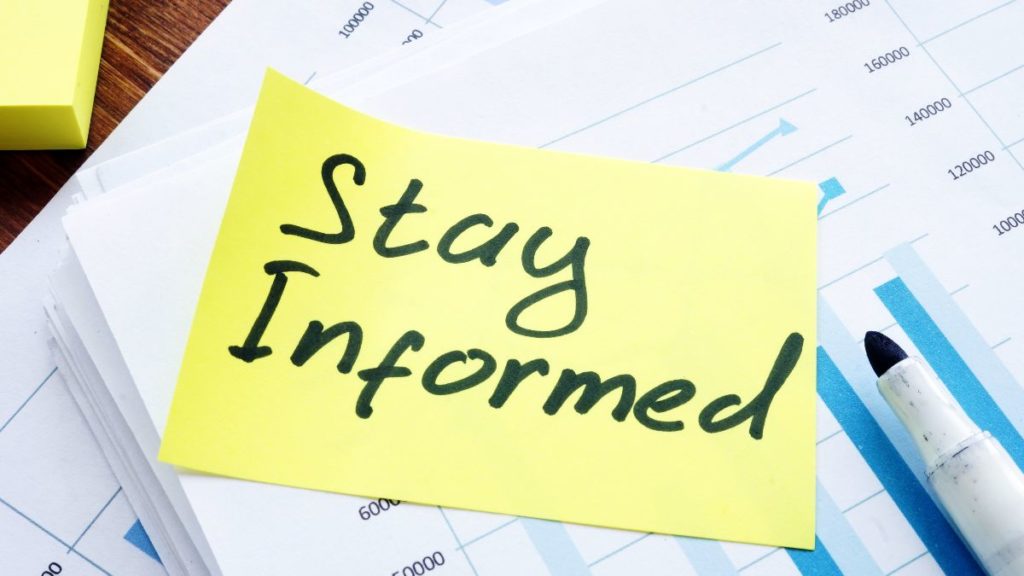PPP Loans for Self-Employed Individuals
We hope you are doing well and continue to stay safe during these times. This newsletter is to update you on the recent Interim Final Rules issued by the SBA on April 14, 2020 and additional guidance regarding the Paycheck Protection Program (“PPP”) on April 2, 2020 which by be applicable to you and your business.
Eligibility for Self-Employed Individuals. You are eligible for a PPP loan if: (i) you were in operation on February 15, 2020; (ii) you are an individual with self-employment income (such as an independent contractor or a sole proprietor); (iii) your principal place of residence is in the United States; and (iv) you filed or will file a Form 1040 Schedule C for 2019 (the SBA intends to issue additional guidance for those who were not in operation in 2019, but who were in operation on February 15, 2020). Note: If you are a partner in a partnership, you may not submit a separate PPP loan application for yourself as a self-employed individual. Instead, the self-employment income of general active partners may be reported as a payroll cost, up to $100,000 annualized, on a PPP loan application filed by or on behalf of the partnership.
Documents Required. You will likely need to provide the following documents in order to apply for a PPP loan:
1. 2019 Form 1040 Schedule C (regardless of whether you have filed your 2019 Form 1040);
2. 2019 IRS Form 1099-MISC detailing nonemployee compensation received (box 7), or 2019 invoices, bank statements, or books of record that establishes you are self-employed;
3. 2020 invoices, bank statements, or books of record to establish you were in operation on or around February 15, 2020;
If you have employees, you will also need to provide:
4. 2019 Form 941 (or other tax forms or equivalent payroll processor records containing similar information);
5. state quarterly wage unemployment insurance tax reporting forms from each quarter in 2019 or equivalent payroll processor records, along with evidence of any retirement and health insurance contributions, if applicable; and
6. a payroll statement or similar documentation from the pay period that covered February 15, 2020 must be provided to establish you were in operation on February 15, 2020.
Use of PPP Loans for Self-Employed Individuals. The proceeds of PPP loans can be used for owner compensation replacement, employee payroll costs, mortgage interest payments on any business mortgage obligation on real or personal property, interest payments on any other debt obligations that were incurred before February 15, 2020, and refinancing an SBA Economic Injury Disaster Loan made between January 31, 2020 and April 3, 2020. Additionally, at least 75 percent of the PPP loan proceeds shall be used for payroll costs. For purposes of determining the percentage of use of proceeds for payroll costs (but not for forgiveness purposes), the amount of any refinanced Economic Injury Disaster Loan will be included.
Loan Forgiveness. The amount of loan forgiveness can be up to the full principal amount of the loan plus accrued interest. The actual amount of loan forgiveness will depend, in part, on the total amount spent over the covered period. The following expenses are forgiven to the extent that they are deductible on Form 1040 Schedule C:
- Payroll costs including salary, wages, and tips, as well as covered benefits for employees (but not owners), including health care expenses, retirement contributions, and state taxes imposed on employee payroll paid by the employer can also be forgiven;
- Owner compensation replacement is limited to eight weeks’ worth of 2019 net profit, but excluding any qualified sick leave equivalent amount for which a credit is claimed under section 7002 of the Families First Coronavirus Response Act or qualified family leave equivalent amount for which a credit is claimed;
- Payments of interest on mortgage obligations on real or personal property incurred before February 15, 2020;
- Rent payments on lease agreements in force before February 15, 2020; and
- Utility payments under service agreements dated before February 15, 2020.
As of April 16, 2020, the SBA is currently unable to accept new applications for the Paycheck Protection Program based on available appropriations funding. However, this is expected to change in the near future and when applications reopen you will want to be prepared. As a result, we encourage you to begin assembling the required documents and filling out the applications in anticipation of the SBA accepting applications once again.
If you have any additional questions related to applying for a PPP Loan, or questions about other resources available to you or your business during these times, please contact us at our office and we will be happy to assist you.





